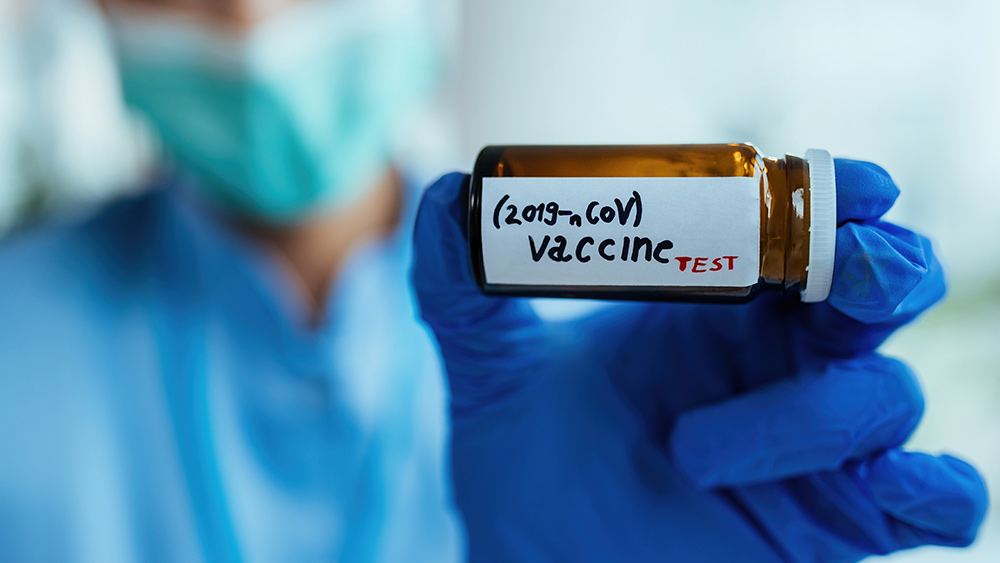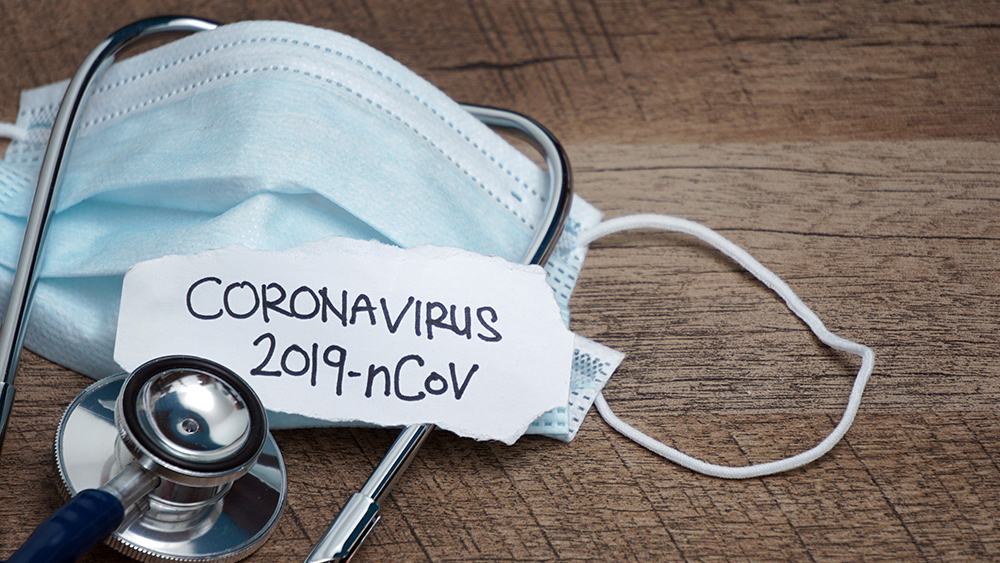Pro-life group warns about COVID vaccines made from aborted babies, vaccine mandates
10/19/2020 / By Cassie B.

A pro-life group has called attention to some of the ethical issues surrounding vaccines and the coronavirus vaccine in particular, especially when it comes to the vaccines being made using the cells of aborted babies and the possibility of mandatory vaccination.
The Personhood Alliance issued 10 key points outlining the group’s official position on the ethics of vaccines. They are based on the principle of “the rights of born persons not to be forced to violate their own bodily integrity and/or moral conscience and the rights of pre-born persons not to be trafficked, commodified, and/or experimented upon without their consent.”
Many of the Big Pharma companies that make vaccines use cells from aborted babies to produce them. This is considered unethical by the alliance, who called on vaccine makers to do more to produce more ethical varieties, particularly in cases where taxpayer funding is being used.
They added that Christians should be demanding that pharmaceutical companies put a stop to the commodification and trafficking of humans at all stages of life and avoid practices that “perpetuate and encourage the relationship between abortion, biomedical science, and human trafficking, no matter when that connection was initiated or how long a practice has been socially accepted.”
Tyler, Texas Bishop Joseph Strickland has been vocal about this topic. In April, he tweeted that if the only way to get a vaccine for this virus is by using the body parts of aborted children, he will refuse it. He added: “I will not kill children to live.”
Archbishop Carlo Maria Vigano and a group of other Cardinals issued a public letter in May reminding Catholics that it is morally unacceptable to use a vaccine that is derived from aborted fetuses. They added that people should be given the chance to refuse these vaccines without facing any penalties. It was signed by 22 priests as well as journalists, lawyers, doctors and academics. It has already collected more than 57,000 signatures.
Vaccine mandates “unethical and intrusive”
Their document also addresses the topic of mandatory vaccines, calling such policies “unethical and intrusive.” They said that people’s rights to refuse medical treatment on religious, health or moral grounds should be preserved and protected by law and that this should extend to decisions about vaccination. They added that forcing vaccines on people is a “violation of their biblical personhood.”
Bishop Athanasius Schneider of Astana, Kazakhstan, had harsh words for the practice, calling mandatory vaccines in an interview “the last step of Satanism.” Pope Francis, meanwhile, recently called for vaccinations to be “universal and for all.”
In May, President Trump confirmed that coronavirus vaccines will not be forced on people who do not want them at the federal level, acknowledging that not everyone will be willing to subject their bodies to these shots. However, individual governments could still require mandatory COVID vaccines at the state level.
Even without federal or state mandates, some employers could end up demanding that their workforce be vaccinated, even against their will. This could be much like what happens in the medical field now with doctors and nurses, who can lose their jobs for refusing to get a flu shot.
It isn’t a stretch to imagine certain types of workers being pushed out of their jobs for non-compliance, especially people working in hospitality or education, for example.
There are far too many ways that people could be coerced into getting the COVID shot, and the fact that many of the front-runner vaccines in development contain the cells of aborted babies adds an even more horrifying element to an already highly disturbing prospect.
Sources for this article include:
Tagged Under: abortion, coronavirus, covid-19, Fetal cells, mandatory vaccination, medical ethics, vaccine ingredients, vaccine wars, vaccines
RECENT NEWS & ARTICLES
Pandemic.News is a fact-based public education website published by Pandemic News Features, LLC.
All content copyright © 2018 by Pandemic News Features, LLC.
Contact Us with Tips or Corrections
All trademarks, registered trademarks and servicemarks mentioned on this site are the property of their respective owners.




















